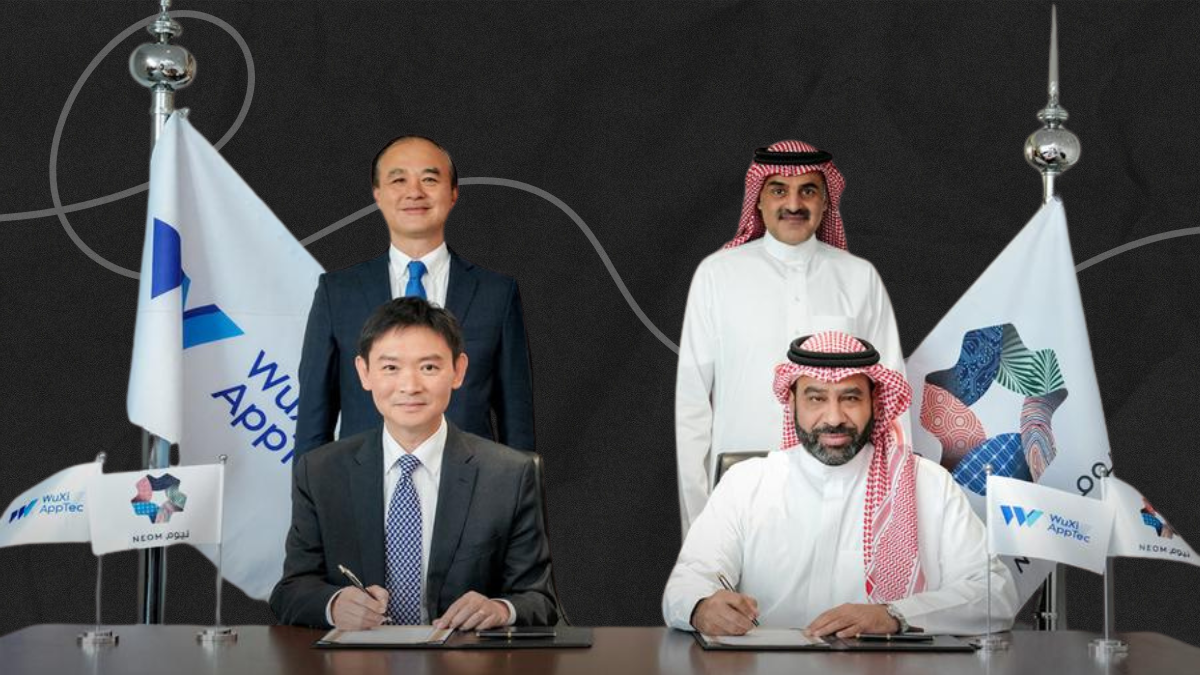Visa Partners with Intella to Revolutionise Arabic Conversational AI in MENA Region

3 min
Visa partners with Intella to transform conversational AI in the MENA financial sector.
The collaboration highlights the need for AI to recognise over 25 distinct Arabic dialects.
Intella's technology aims to analyse every call, unlocking rich, actionable customer insights.
Visa's network will benefit from tools like intellaCX, enhancing compliance and performance strategies.
The partnership underscores the importance of hyper-localisation in technology solutions.
Visa has teamed up with Intella, the Arabic-first speech intelligence company, in a move that could shake up how banks and financial institutions in the MENA region use conversational AI. What makes this partnership stand out is its sharp focus on language diversity—more than 25 Arabic dialects are being woven into the technology, which frankly is spot on given how different Egyptian Arabic can sound from, say, Moroccan.
At the heart of this collaboration is a long-standing problem: most global AI tools fall short when trying to capture the nuances of Arabic conversations. They either misinterpret meaning or only dip into a small sample of customer calls, leaving heaps of valuable insight on the table. Intella’s pitch is that their system doesn’t just skim the surface—it analyses every call, providing a level of accuracy that regional banks have been crying out for. As Nour Taher, Intella’s CEO, put it, the idea is not simply to build another tool, but to unlock the “real voice of the customer” for decision-makers in the sector.
From Visa’s side, the partnership is being positioned as more than just a technical plug-in. Basma Berti, Vice President for Visa Consulting & Analytics, noted that this is as much about co-developing solutions as it is about rolling them out. In practice, that means Visa’s network will have access to tools like **intellaCX**, which can transform raw call data into strategy-worthy insights for compliance, performance and even product tweaks. Down the line, banks might also implement **Ziila**, Intella’s AI agent designed to deliver smooth, next-generation customer interactions.
Now, I’ll be honest—I reckon there’s always a bit of scepticism when any big tech tie-up gets announced, since “transformative” is probably the most overused word in this industry. That said, the fact that Visa is backing a regional startup with homegrown expertise feels like more than just lip service. It’s a recognition that you can’t simply force-fit English-centric AI into MENA and expect it to stick.
I remember when we at Arageek ran small community meet-ups with founders in Amman and Cairo. Something that came up time and again was this: “Our customers don’t talk like English manuals.” Everyone laughed at the time, but the point was crystal clear—if your tech doesn’t understand dialects, you’re already on the back foot. And believe it or not, that gripe still rings true.
So yes, while it’s early days, this partnership might just serve as a blueprint for how global players collaborate with regional innovators. If it delivers on its promise, banks in the region could move from reactive customer support to genuinely proactive, data-driven intelligence. And in a market where one wrong move can send customers switching banks quicker than you can say “Dubai traffic jam,” that shift could be invaluable.
For entrepreneurs watching from the sidelines, it’s a reminder that being hyper-local—whether in product, language or culture—can sometimes be the real competitive edge. Or as my Jordanian colleague once said, “Understanding the accent isn’t just customer service, it’s customer survival.” And he was definately right about that.
🚀 Got exciting news to share?
If you're a startup founder, VC, or PR agency with big updates—funding rounds, product launches 📢, or company milestones 🎉 — AraGeek English wants to hear from you!
✉️ Send Us Your Story 👇
 LEAP26
LEAP26 AI
AI Saudi Arabia
Saudi Arabia UAE
UAE Egypt
Egypt








